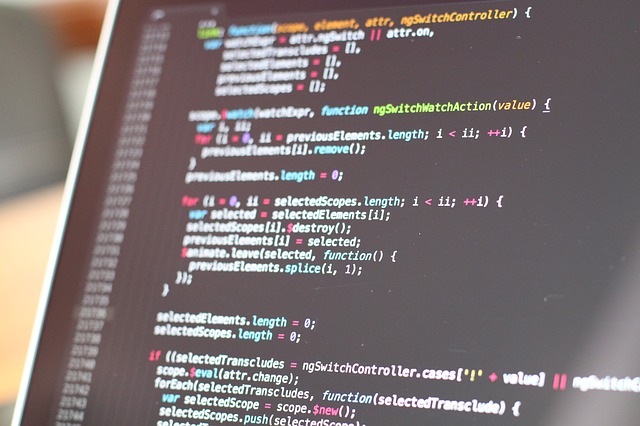
We have entered the digital age where everything is online. Your pictures, important documents, contact list and every else that you value is on your computer, which is why getting hacked is everyone’s biggest fear. There are many ways to tell whether your security and privacy has been compromised. Here is a list of the telltale signs that will alert you to take action.
Fake Antivirus Scan
If you receive a notification from an antivirus you have not installed, then bear in mind that your computer has been hacked by malicious software. The notification is usually a “scan” of the computer reporting there are many viruses on your system that need to be deleted. Closing this message will not save you as the damage has already been done. The “antivirus warning” is yet another scam to get you to visit their genuine-looking website and buy the antivirus program. Many people fall for this and disclose their banking information, falling further into the hacker’s clutches.
New Toolbars in Browsers
Another highly common sign is new toolbars popping up in your browser which you do not recall installing. These toolbars advertise great utility and service but should not be trusted unless they are from a recognized vendor. Remove and install the toolbar(s) immediately.
Unrelated Search Results
Hackers get paid to redirect unaware users to a specific webpage. They are paid per clicks, which is why they try to get you to visit the link as often as they can. The links are highly disguised, so in most cases, the users have no idea they have been hacked. To check whether your system is being exploited, make two searches that are unrelated to each other and see if the same webpages appear in both results. If this happens almost all the time, then you need to take some precautionary steps.
Frequent Popups
Getting popups is a popular sign of malware and it can also be very frustrating. These popups appear in your browser from websites that do not generate them. The problem can be curbed for the time-being by using an anti-popup extension but you should not stop there; your computer has been hacked and you need to get rid of the malware immediately.
Fake Emails
Everyone in your friend list or just a few of your contacts may receive emails from the malware to get them to click on a link and visit some website. This is a scheme to trap more victims. The malware hunts down the email-addresses and sends an email with your name but a different email address to your entire email list.
Incorrect Passwords
If you are not able to access your online accounts because of an incorrect password, then it could mean you have been hacked. The password needs to be one you are completely sure of. It could also mean that that specific account was hacked by someone. It results from responding to phish email, which hands over the logon information to the hacker, who can then change the password and use the account to exploit others.
Unsolicited Software Installs
A software on your computer that you do not remember installing is an indication that your computer has been hacked. Malware programs are now Trojan or Worm viruses, which means that they get installed in your computer like any other legitimate software. Most of the time the program is installed by some other software and it is stated explicitly in their license agreements, an information which everyone usually ignores.
